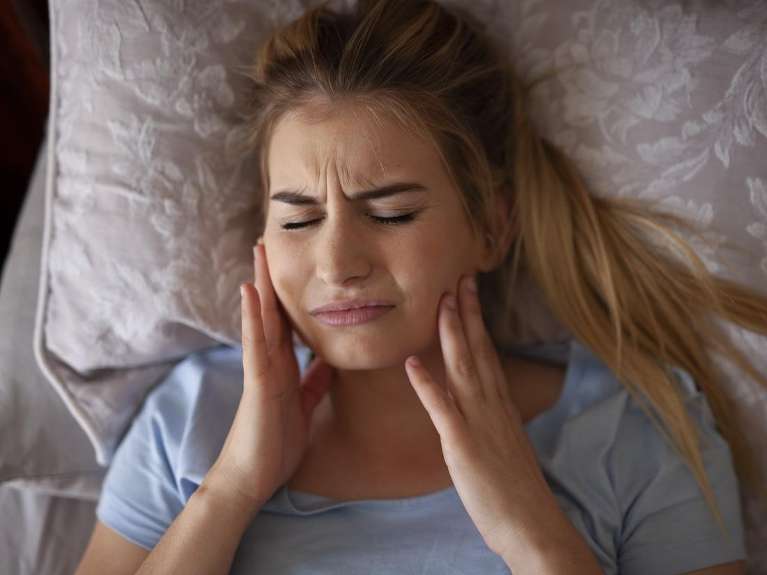
Do you wake up with a sore jaw or a dull headache? Has your partner mentioned hearing grinding sounds coming from your side of the bed at night? You might be experiencing bruxism, the medical term for teeth grinding and clenching, and stress could be the culprit.
Many dentists today see an increase in bruxism cases correlating with rising stress levels in our community. This common condition affects millions of adults, yet many don’t realize they’re grinding their teeth until significant damage is already done.
Understanding the Stress-Bruxism Connection
When you experience stress, your body releases hormones like cortisol and adrenaline, preparing you for a "fight or flight" response. This heightened state can increase muscle tension, particularly in the jaw and face. During sleep, when conscious control is diminished, this tension often manifests as teeth grinding and clenching.
The Consequences of Chronic Teeth Grinding
Persistent teeth grinding can lead to a series of dental and health issues:
Dental Damage
- Worn tooth enamel and flattened teeth
- Cracked, chipped, or fractured teeth
- Increased tooth sensitivity
Physical Symptoms
- Jaw pain and temporomandibular joint (TMJ) disorders
- Morning headaches and facial soreness
- Ear pain and recurrent ear infections
Long-term Complications
- The need for extensive dental work, such as dental crowns
- Chronic pain
Protect Your Smile: Bruxism Solutions
The good news? Several effective solutions exist to address bruxism and prevent further damage:
- Custom Nightguards — Your dentist will take careful measurements to make sure your nightguard protects your teeth from grinding forces with minimal sleep disruption.
- Stress Management — Incorporating stress-reduction habits is very effective for reducing teeth grinding. Meditation and mindfulness, yoga, regular physical activity, and a calming bedtime routine are all beneficial.
- Dental Corrections — In some cases, correcting dental issues, such as misaligned teeth or dental bites, can help minimize grinding episodes.
- Physical Therapy and Massage — Targeted exercises, such as gentle jaw stretches and professional massage therapy focusing on jaw and neck muscles, can help relax jaw muscles and reduce tension.
Bruxism Treatment in Arlington, VA
Are you experiencing signs of teeth grinding or bruxism in Arlington, VA? Call Clarendon Family Dentistry to schedule an evaluation, and we’ll work with you to find a solution that suits your needs.
